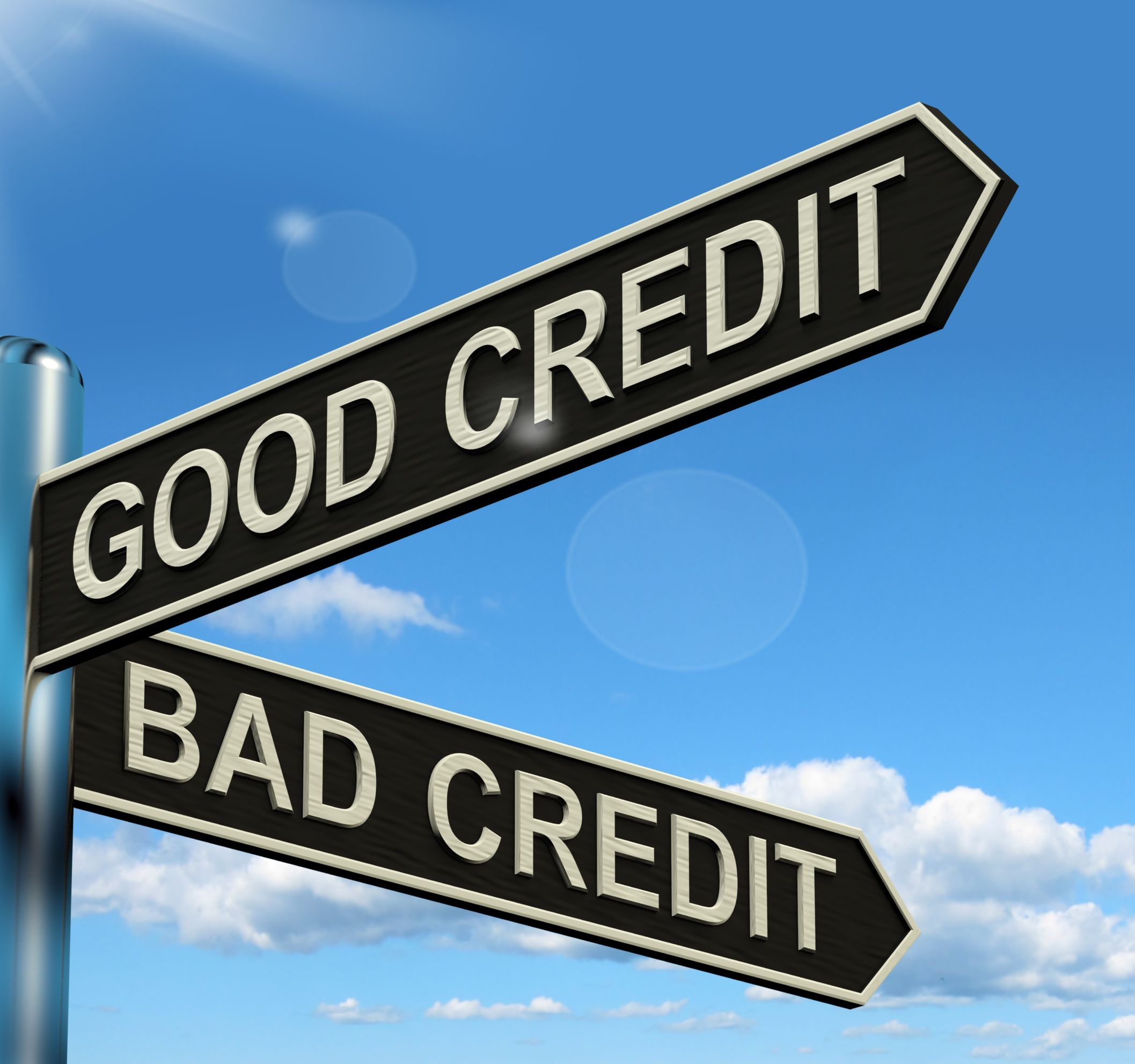There are many different types of credit scores, but the two most common are the FICO® score and the credit score.
Both scores are essential, but they measure different things and serve different purposes.
Below, we'll discuss the differences between these two types of financial scores and help you understand which one is right for you.
What Is A FICO® Score, And What Is A Credit Score?
To increase your financial literacy, it's important to understand the differences between a FICO® score and a credit score. Here is a closer look at the two.
FICO® Score
A FICO® score is a type of credit score created by the Fair Isaac Corporation.
Lenders use it to determine an individual's risk level when applying for a loan or other form of credit.
The FICO® Score ranges from 300 to 850, with most people having scores around 600-750.
A higher score indicates lower risk and can help individuals qualify for better interest rates and other loan terms.
The score is calculated using five categories: Payment History (35%), Amounts Owed (30%), Length of Credit History (15%), New Credit (10%), and Types of Credit Used (10%).
- Payment history includes payment records from credit cards, loans, utilities, etc. It accounts for 35% of the score and is the most important of the five categories.
- Amounts owed look at how much an individual owes on his/her accounts, both in total and relative to their credit limits.
- The length of credit history considers a person's average account age and when they last opened or closed any accounts.
- New credit includes recent inquiries into an individual's credit and any new accounts that have been opened.
- Finally, the types of credit used to consider the variety of an individual’s loan and credit products, such as installment loans and revolving accounts.
Credit Score
A credit score is a three-digit number that allows lenders to measure your credit risk.
It is used by banks, lenders, and other financial institutions to determine whether you are eligible for loans and how much interest you will be charged.
Your credit score is calculated based on information from your credit reports, such as payment history and the amount of debt you owe.
This score determines whether or not you will be approved for lines of credit, such as mortgages and auto loans.
A good credit score is essential because it can help you get the loans and financing you need when applying.
A low credit score can lead to you being denied a loan or charged higher interest rates.
Which One Matters More To Lenders?
The answer to this question depends on the lender you are applying to for a loan or line of credit.
Most lenders will use your FICO® score when considering whether or not to give you a loan or line of credit, but some may also use other credit scoring models.
FICO® scores are widely considered one of the most reliable and accurate credit scores and are used by most lenders in the US.
FICO® scores range from 300-850 and can be broken down into five categories: excellent (800+), very good (740-799), good (670-739), fair (580-669), and poor (579 or lower).
A FICO® score of 700 or more is generally considered good and will make you eligible for the best loan terms.
It's important to remember that lenders do not just consider your credit score when deciding if they will give you a loan or line of credit; other factors, such as your income, job history, and repayment history, also play into their decisions.
So, while credit scores can be an important piece of the puzzle when it comes to being approved for a loan, they are not the only factor lenders consider.
How Can You Improve Your Credit Score?
Improving your credit score is crucial to saving money on interest rates and qualifying for more financial opportunities. Here are a few tips to help you get started in improving your credit score:
1. Pay Your Bills On Time – One of the most influential factors that can make or break your credit score is whether or not you are paying your bills on time. Late payments will lower your credit score and can stay reported on your history for up to seven years, making it difficult to raise your score again.
2. Keep Balances Low On Revolving Credit Accounts – Your credit utilization ratio is the amount of available credit you have used compared to the amount of credit you have open. Keeping your credit utilization ratio low will help improve your score.
3. Pay Down Debt Rather Than Moving It Around – Transferring debt from one credit card to another can be a short-term fix, but it could also lead to higher interest rates and more fees. Consider paying down the debt instead of transferring it to start rebuilding your credit.
4. Dispute Errors On Your Credit Report – Errors on your credit report can lower your credit score and prevent you from getting approved for loans and other financial opportunities. To ensure that your credit report is accurate, dispute any errors and have them corrected as soon as possible.
What Is The Impact Of Having A Good Or Bad Credit Score?
Having a good credit score can have a dramatic impact on your financial life.
It can influence how much you pay for mortgages, car loans, and other types of debt.
It can also affect the terms you’re offered when applying for new credit cards or other forms of borrowing.
A good credit score generally indicates that you are a responsible borrower and credit user with a good track record of making payments on time.
This can be beneficial when lenders are reviewing your application for new credit. A good credit score can lead to lower interest rates and better terms on loans, mortgages, and other types of borrowing.
On the flip side, having bad credit can mean higher interest rates and less favorable terms on borrowing or other forms of credit.
For example, if you have bad credit, you may have to pay a higher interest rate on a car loan or mortgage. In some cases, lenders may also require additional security before approving a loan for someone with bad credit.
The impact of having good or bad credit can even extend beyond loan applications.
Employers may use credit scores to evaluate job candidates, making it difficult for people with bad credit scores to find employment. Landlords may also be less likely to rent an apartment or house to someone with a poor credit score.
Whether you’re struggling to make ends meet or want to be prepared for retirement, it’s never too late to seek advice from financial experts. A good credit score is essential to achieving your long-term financial goals, and the sooner you start working on yours, the better.
The steps outlined above are a great starting point, but ultimately, you can decide what’s best for your financial future.
How Credit9 Can Help You
At Credit9, we offer loan options that could provide you with the financial solution that works best for you.
Since 2018, Credit9 has provided over $460 Million in loans to over 36,000 of our customers, and we’re confident we can help you too.
For more information about Credit9’s unique debt consolidation services, contact us today to see how we can help you consolidate your debts and receive a free, no-obligation, and fully-customized Credit9 loan solution!



